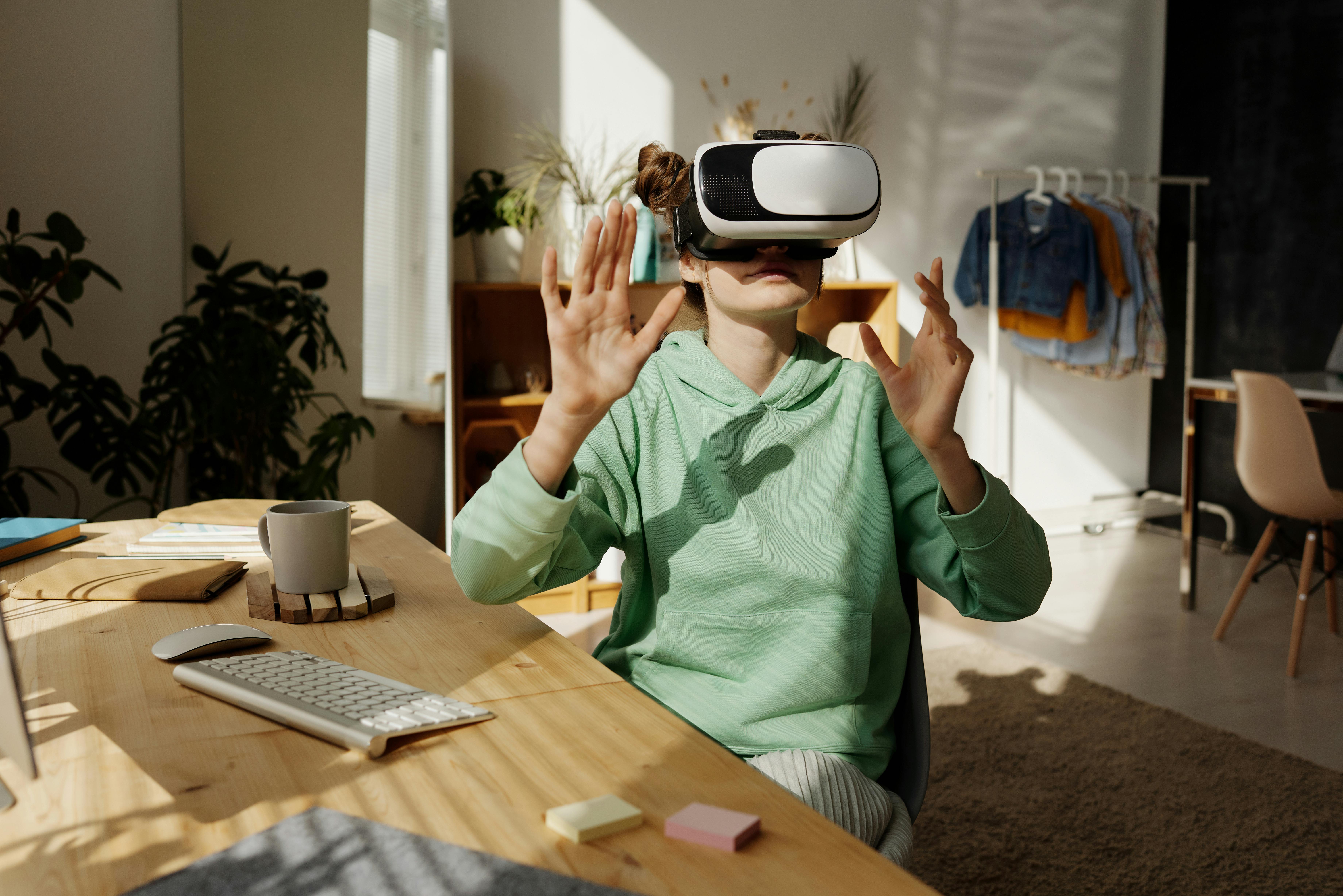The Social Dynamics of Virtual Reality
Immerse into the uncharted territories of the virtual reality (VR) and its profound influence on our social lives. What does this technology-driven world mean for our societies? And how is it shaping our interactions and identities? Read below to delve deeper into this fascinating exploration.

The Genesis of Virtual Reality
To understand the societal implications of VR, we need to revisit its origins. The concept that inspired VR dates back to the 1930s with “Pygmalion’s Spectacles,” a science fiction story by Stanley G. Weinbaum. The story introduced the idea of a pair of goggles that let the wearer experience a virtual world. However, it wasn’t until the late 20th century that technology made significant strides to turn this concept into reality. In the 1980s and 90s, VR began to enter mainstream consciousness, with the gaming industry pioneering its application.
Virtual Reality as a Social Platform
Fast forward to the present day, VR is no longer just a gaming accessory. It has evolved into a social platform, transforming how we interact with each other. VR social platforms like Facebook’s Horizon, VRChat, and Rec Room are allowing users to create avatars, explore virtual worlds, and interact with others in ways that are impossible in the physical world. These platforms are also breaking down geographical barriers, enabling people from different parts of the world to connect in a shared virtual space.
Implications of Virtual Reality on Society
The advent of VR as a social platform has profound implications. On the one hand, it democratizes social interactions, making them accessible to people who may be restricted in the physical world due to disabilities or other limitations. On the other hand, it raises critical questions about identity, authenticity, and the blurring boundaries between the real and virtual worlds.
The Future of Virtual Reality in Society
Looking forward, the role of VR in society is expected to grow. As technology improves, we can expect more immersive and realistic VR experiences. This could lead to the development of virtual societies with their own social norms and structures. While this may sound like science fiction, it is a possibility that sociologists, technologists, and policymakers need to consider.
Wrapping up: Navigating the Virtual Reality Landscape
As we navigate our way through the evolving landscape of VR, it is crucial to keep the human element at the center. VR offers exciting opportunities for social interaction and connectivity, but it also presents new challenges. As we continue to explore this brave new world, let’s do so with an eye toward building a future that values our shared humanity while embracing the possibilities of a virtual world.





